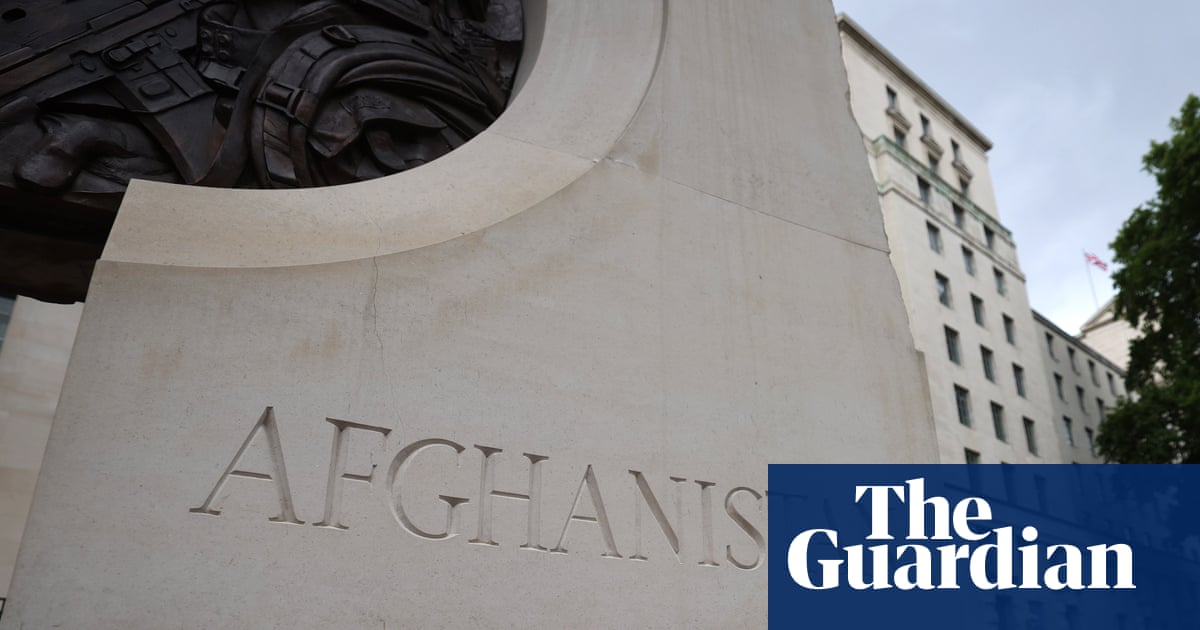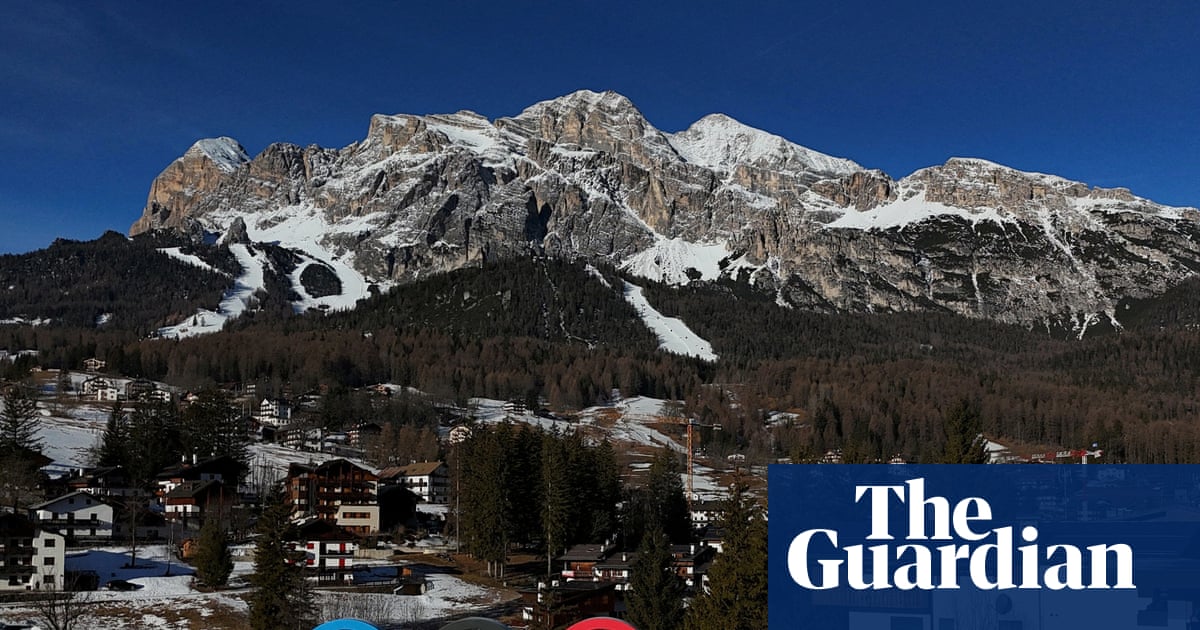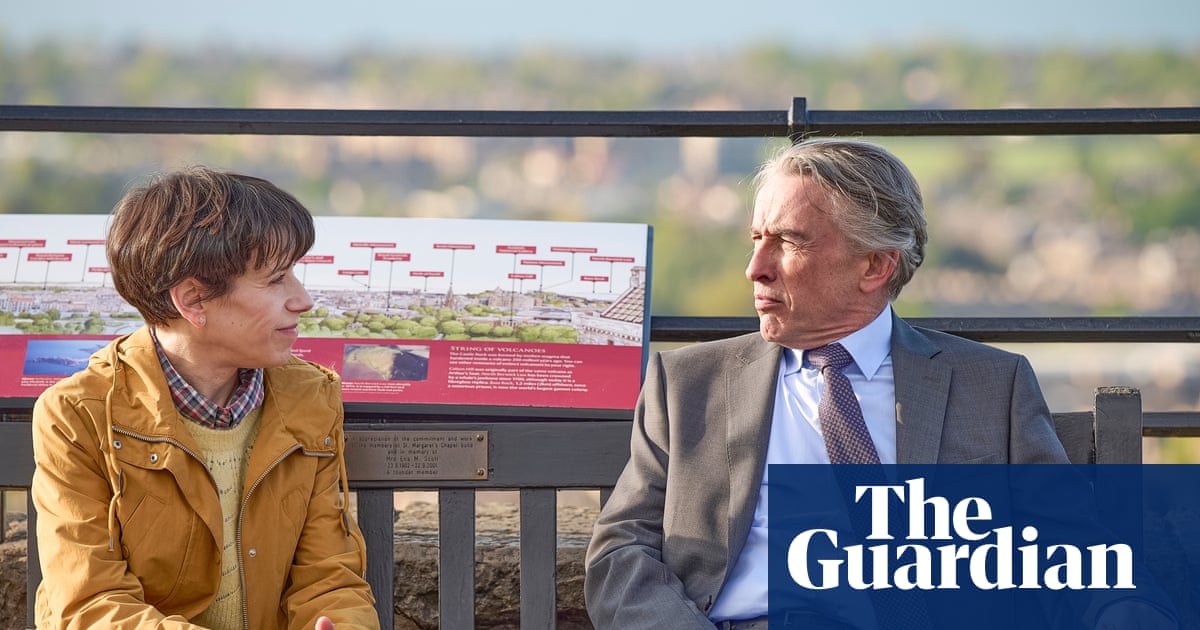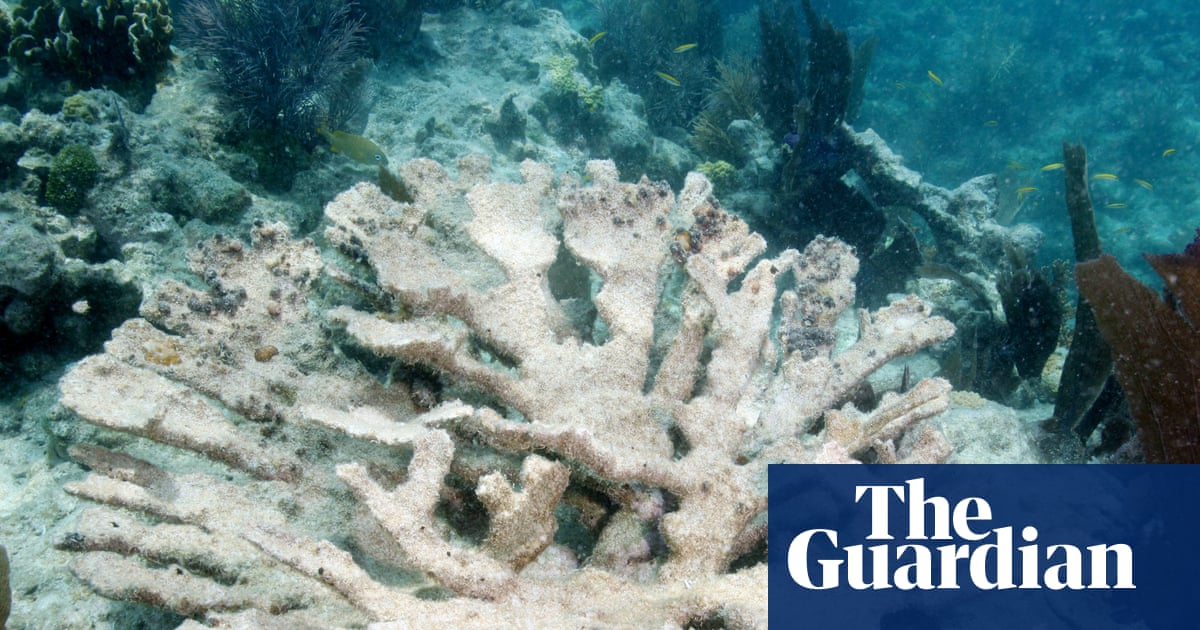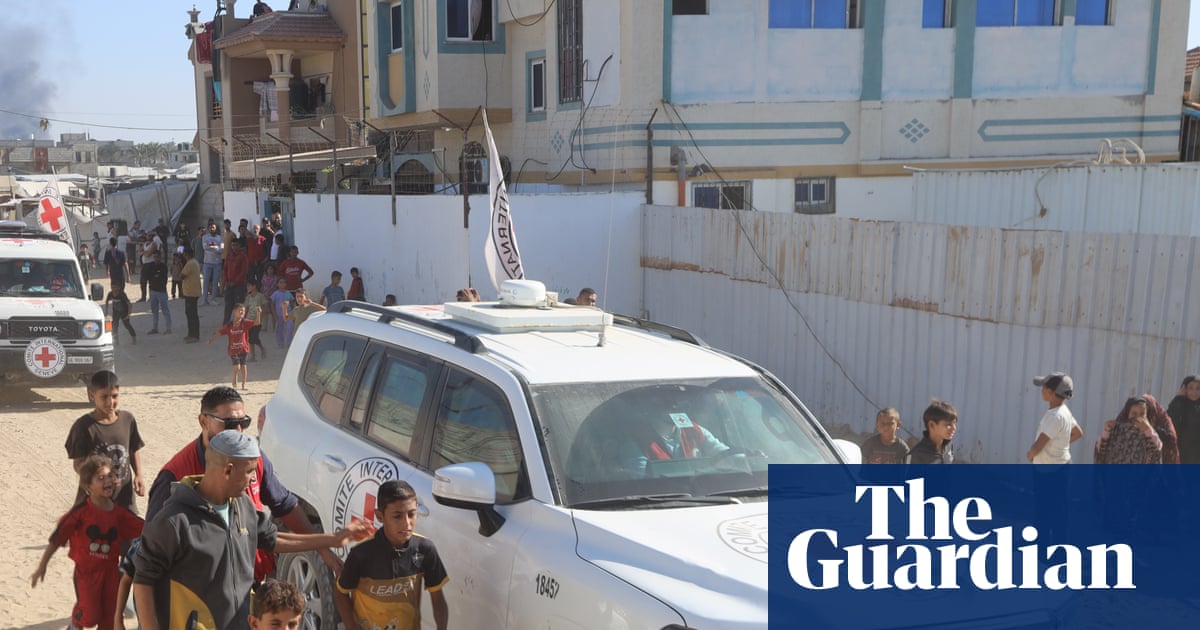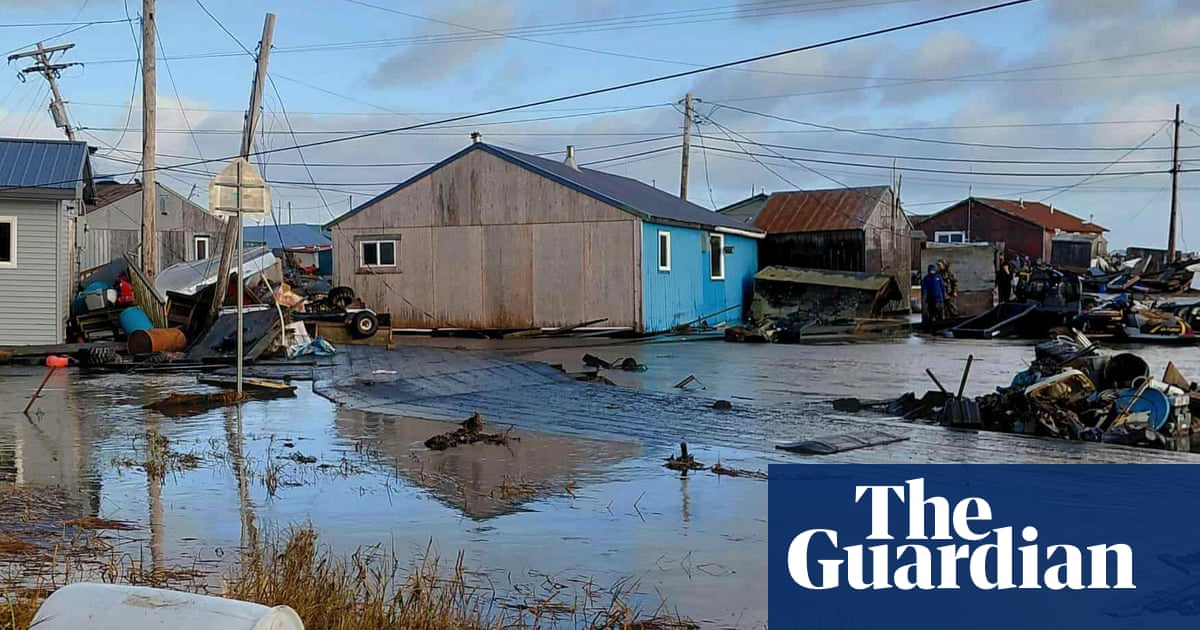Israel’s defence minister has laid out plans to force all Palestinians in Gaza into a camp on the ruins of Rafah, in a scheme which legal experts and academics described as a blueprint for crimes against humanity.
Israel Katz said he has ordered Israel’s military to prepare for establishing a camp, which he called a “humanitarian city”, on the ruins of the city of Rafah, Haaretz newspaper reported.
Palestinians would go through “security screening” before entering, and once inside would not be allowed to leave, Katz said at a briefing for Israeli journalists.
Israeli forces would control the perimeter of the site and initially “move” 600,000 Palestinians into the area, Katz said, mostly people currently displaced in the al-Mawasi area.
Eventually the entire population of Gaza would be housed there, and Israel aims to implement “the emigration plan, which will happen”, Haaretz quoted him saying.
Since Donald Trump suggested at the start of the year that large numbers of Palestinians should leave Gaza to “clean out” the strip, Israeli politicians including the prime minister, Benjamin Netanyahu, have enthusiastically promoted forced deportation, often presenting it as a US project.
Katz’s scheme breaks international law, said Michael Sfard, one of Israel’s leading human rights lawyers. It also directly contradicted claims made hours earlier by the office of Israel’s military chief, which said in a letter that Palestinians were only displaced inside Gaza for their own protection.
“(Katz) laid out an operational plan for a crime against humanity. It is nothing less than that,” Sfard said. “It is all about population transfer to the southern tip of the Gaza Strip in preparation for deportation outside the strip.
“While the government still calls the deportation ‘voluntary’, people in Gaza are under so many coercive measures that no departure from the strip can be seen in legal terms as consensual.
“When you drive someone out of their homeland that would be a war crime, in the context of a war. If it’s done on a massive scale like he plans, it becomes a crime against humanity,” Sfard added.
Katz laid out his plans for Gaza shortly before Netanyahu arrived in Washington DC for meetings with Donald Trump, where he will be under heavy pressure to agree a ceasefire deal to end or at least pause the 21-month war.
Work on the “humanitarian city” at the heart of Katz’s plans could start during a ceasefire, the defence minister said. Netanyahu is leading efforts to find countries willing to “take in” Palestinians, he added.
Israeli politicians including the finance minister, Bezalel Smotrich, have also been enthusiastic advocates of new Israeli settlements in Gaza.
Plans for the construction of camps called “humanitarian transit areas”, to house Palestinians inside and possibly outside Gaza, had previously been presented to the Trump administration and discussed in the White House, Reuters reported on Monday.
The $2bn plan bore the name of the US-backed Gaza Humanitarian Foundation, Reuters said. GHF denied it had submitted a proposal and said slides seen by Reuters, which laid out the plan, “are not a GHF document”.
after newsletter promotion
Concerns about Israel’s plans to displace Palestinians had previously been raised by military orders for the operation launched this spring.
Sfard represented three reservists who filed a petition to Israel’s courts, demanding the military revoke commands to “mobilise and concentrate” the civilian population of Gaza, and to prohibit any plans for the deportation of Palestinians out of the Gaza Strip.
In a letter responding to their claims, the office of Israel’s chief of staff, Eyal Zamir, said that displacing Palestinians or concentrating the population in one part of Gaza were not among the objectives of the operation.
That statement was directly contradicted by Katz, said Prof Amos Goldberg, historian of the Holocaust at the Hebrew University of Jerusalem.
The defence minister laid out clear plans for the ethnic cleansing of Gaza, Goldberg said, and the creation of “a concentration camp or a transit camp for Palestinians before they expel them”.
“It is neither humanitarian nor a city,” he said of Katz’s planned holding area for Palestinians. “A city is a place where you have possibilities of work, of earning money, of making connections and freedom of movement. There are hospitals, schools, universities and offices. This is not what they have in mind. It will not be a livable place, just as the ‘safe areas’ are unliveable now.”
Katz’s plan also raised the immediate question of what would happen to Palestinians who refused to follow Israeli orders to move into the new compound, said Goldberg. “What will happen if the Palestinians will not accept this solution and revolt, because they are not completely helpless?”

 3 months ago
51
3 months ago
51

